Filter by

The Japanese Automotive Industry Model and Challenge for the Future?
- Edition
- -
- ISBN/ISSN
- -
- Collation
- -
- Series Title
- -
- Call Number
- -
- Edition
- -
- ISBN/ISSN
- -
- Collation
- -
- Series Title
- -
- Call Number
- -
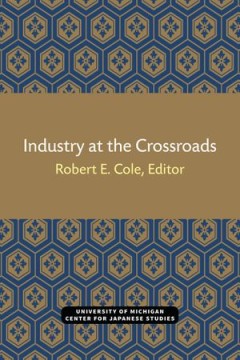
Industry at the Crossroads
International communication as a field of inquiry is, in fact, not very “internationalized.” Rather, it has been taken as a conceptual extension or empirical application of U.S. communication, and much of the world outside the West has been socialized to adopt truncated versions of Pax Americana’s notion of international communication. At stake is the “subject position” of academic an…
- Edition
- -
- ISBN/ISSN
- 9780472902040
- Collation
- -
- Series Title
- -
- Call Number
- 650
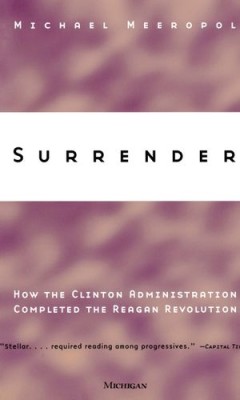
Surrender : How the Clinton Administration Completed the Reagan Revolution
Michael Meeropol argues that the ballooning of the federal budget deficit was not a serious problem in the 1980s, nor were the successful recent efforts to get it under control the basis for the prosperous economy of the mid-1990s. In this controversial book, the author provides a close look at what actually happened to the American economy during the years of the "Reagan Revolution" and reveal…
- Edition
- -
- ISBN/ISSN
- 9780472900732
- Collation
- -
- Series Title
- -
- Call Number
- 650
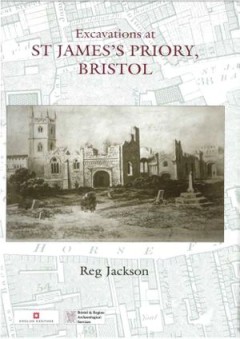
Excavations at St James's Priory, Bristol
The Benedictine Priory of St James was established just outside the medieval city of Bristol in 1129AD.
- Edition
- -
- ISBN/ISSN
- 9781789254419
- Collation
- -
- Series Title
- -
- Call Number
- T 930.10283 JAC e
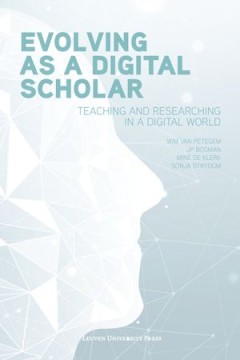
Evolving as a Digital Scholar; Teaching and Researching in a Digital World
How to become digitally proficient as a teacher and researcher
- Edition
- -
- ISBN/ISSN
- 9789461663900
- Collation
- -
- Series Title
- -
- Call Number
- T 372.34 PET e
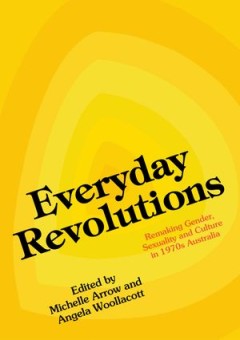
Everyday Revolutions; Remaking Gender, Sexuality and Culture in 1970s Australia
The 1970s was a decade when matters previously considered private and personal became public and political.
- Edition
- -
- ISBN/ISSN
- 9781760462963
- Collation
- -
- Series Title
- -
- Call Number
- T 305.42 ARR e
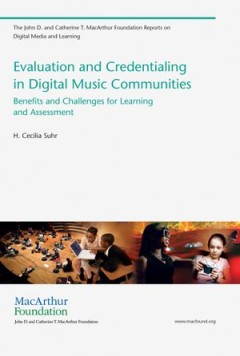
Evaluation and Credentialing in Digital Music Communities; Benefits and Chall…
An examination of the use of digital badges as a reward for both casual online music evaluators and professional musicians.
- Edition
- -
- ISBN/ISSN
- 9780262527149
- Collation
- -
- Series Title
- -
- Call Number
- T 372.87 SUH e
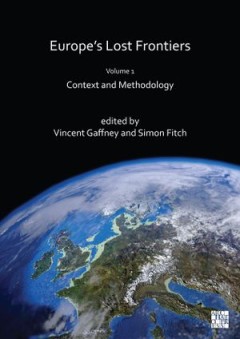
Europe's Lost Frontiers; Volume 1: Context and Methodology
First published in 1995. Routledge is an imprint of Taylor & Francis, an informa company.
- Edition
- -
- ISBN/ISSN
- 9781803272696
- Collation
- -
- Series Title
- -
- Call Number
- T 372.89 GAF e
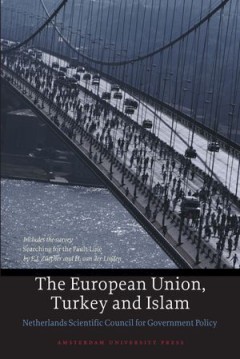
The European Union, Turkey and Islam
Does the fact that the majority of Turkey's population is Muslim form a hindrance to its EU membership? According to a recent policy advice by the Netherlands Scientific Council for Government Policy (WRR), the answer is an adamant 'no'.
- Edition
- -
- ISBN/ISSN
- 9789053567128
- Collation
- -
- Series Title
- -
- Call Number
- T 372.89 REG e
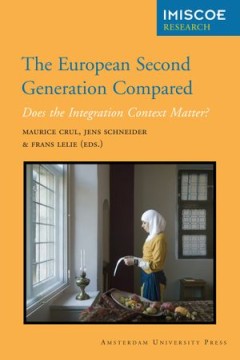
The European Second Generation Compared
Integration of newcomers is a foremost challenge for contemporary Europe.
- Edition
- -
- ISBN/ISSN
- 9789089644435
- Collation
- -
- Series Title
- -
- Call Number
- T 306.2 LEL e
 Computer Science, Information & General Works
Computer Science, Information & General Works  Philosophy & Psychology
Philosophy & Psychology  Religion
Religion  Social Sciences
Social Sciences  Language
Language  Pure Science
Pure Science  Applied Sciences
Applied Sciences  Art & Recreation
Art & Recreation  Literature
Literature  History & Geography
History & Geography